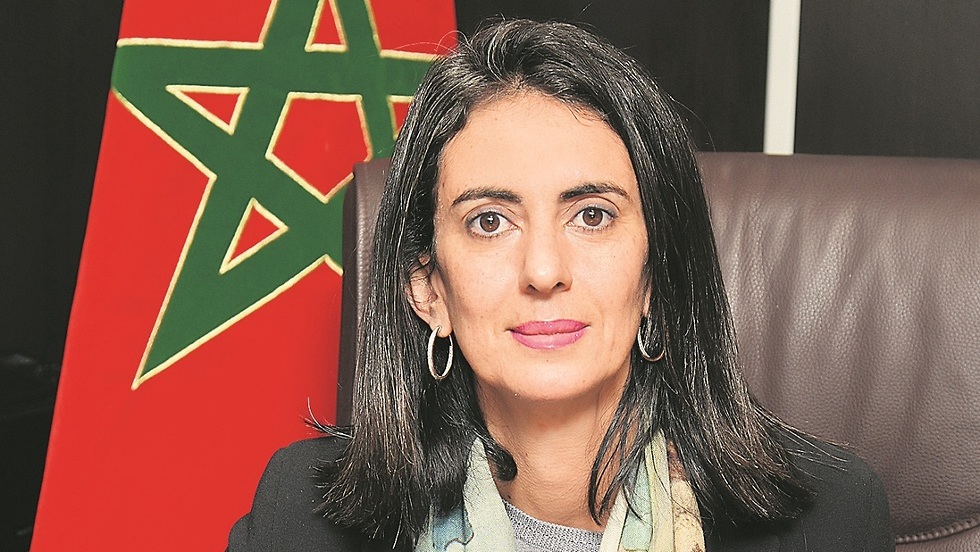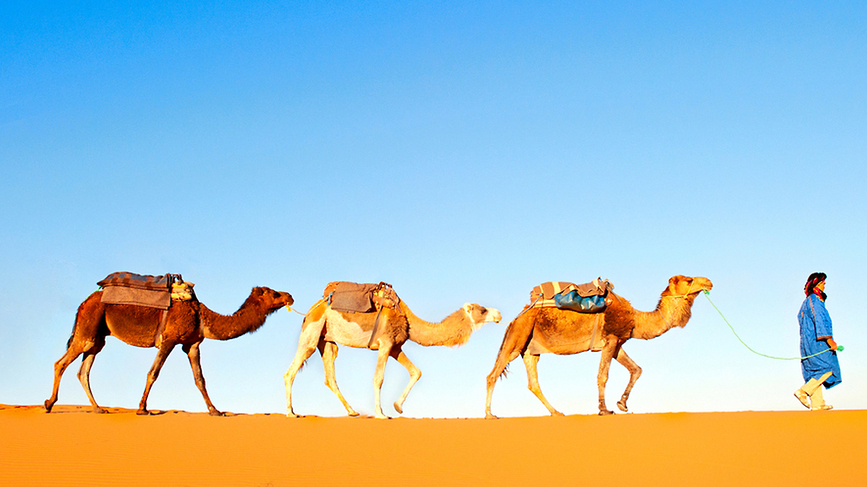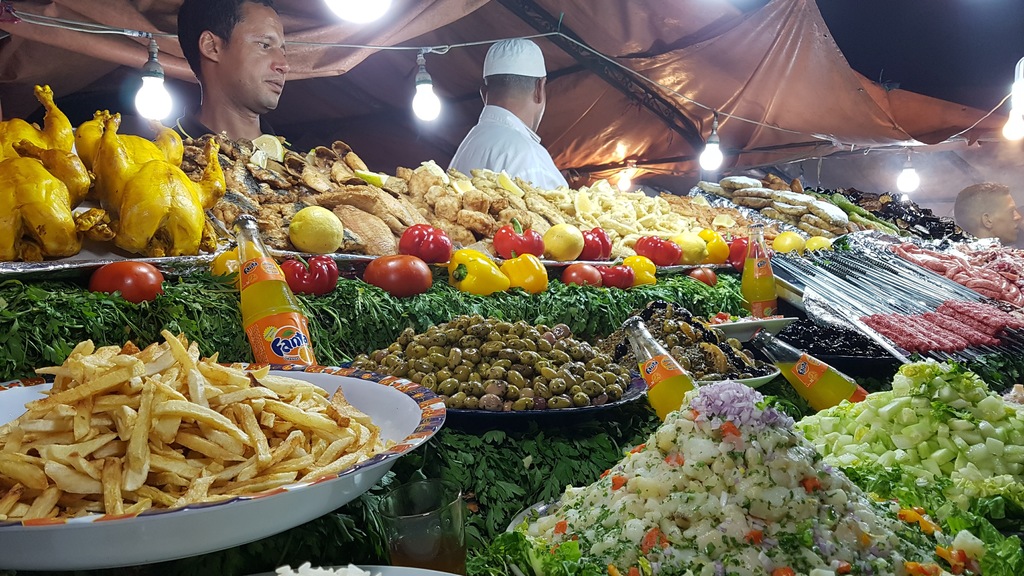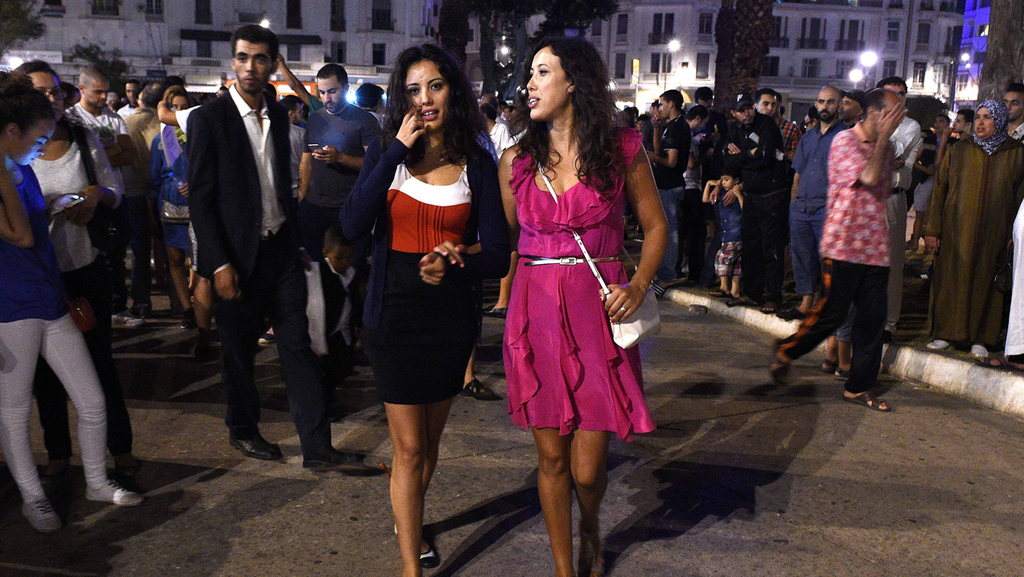Morocco's tourism minister has a challenge on her hands.
"I've heard many Israelis have traveled to Dubai since peace agreements were signed," says Nadia Fettah Alaoui.
"I am not surprised but I am intent on putting Morocco at the top of the list of favored destinations and I intend to work hard to overtake Dubai."
4 View gallery


Moroccan Minister of Tourism Nadia Fettah Alaoui
(Photo: Morocco Ministry of Tourism)
Alaoui estimates at least 50,000 Israelis had already visited the kingdom before diplomatic relations between the nations thawed in December.
Many Israelis of Moroccan decent visit family members still living there or those that have passed and are buried in local cemeteries.
"We want that number to grow to 200,000 per year," she says.
"Talks are underway to formalize air travel agreements. Airliners both in Israel and Morocco are already standing by. We plan to make sure the visa process is quick and simple so that tourists are given their entry visas electronically upon arrival," Alaoui says.
"I believe the big cities will be most popular destination but want to suggest our beaches and desert too. We also offer ecological tourism which I believe will experience a boom when the coronavirus pandemic ends," she says.
The Moroccan Jewish community is already prepared to host the Israeli tourists and are expanding their ability to offer kosher food and to prepare the infrastructure needed to house Israelis near Jewish heritage sites.
The king, Mohammad VI, has given his support to a renovation project for 119 Jewish cemeteries. Some are the resting place of spiritual sages and many Israelis of Moroccan decent come to pray there.
The king is also supporting the construction of a Jewish cultural center in the city of Fez.
"We ensure the safety of all tourists visiting our country and Israelis can feel secure when visiting," the minister said.
Morocco has been hard hit by the coronavirus and is considered a red state, with citizens obliged to wear masks in public. Its economy was affected and the tourism industry, the county's second largest source of income, has suffered greatly.
Alaoui said there is governmental support on hand to keep the industry afloat, with vaccines expected to be available early in 2021.
She was born and raised in Rabat and educated in France. Before entering the government, Alaoui held a number of senior positions in the finance and insurance industries.
"I came to politics late in life," she said, "I was looking for the next challenge and thought I could contribute to my country," she said. Her appointment to the cabinet position was made by the king.
"I've never regarded my professional achievements though the scope of gender," she says.
"There are not many women at the table [and] many feel they have no right. I've never felt that and have always made my views known," she says, admitting that the Muslim world still has some work to do in regards to women in society.
"I hope within a decade the question of women holding high-ranking roles will not even be raised because women will be everywhere," she says.
Alaoui said her job is strive for the best possible experience for tourists.
"I have to show that a tourist who comes to Morocco may have an African experience, a Middle Eastern one or an Arab one," she says.




